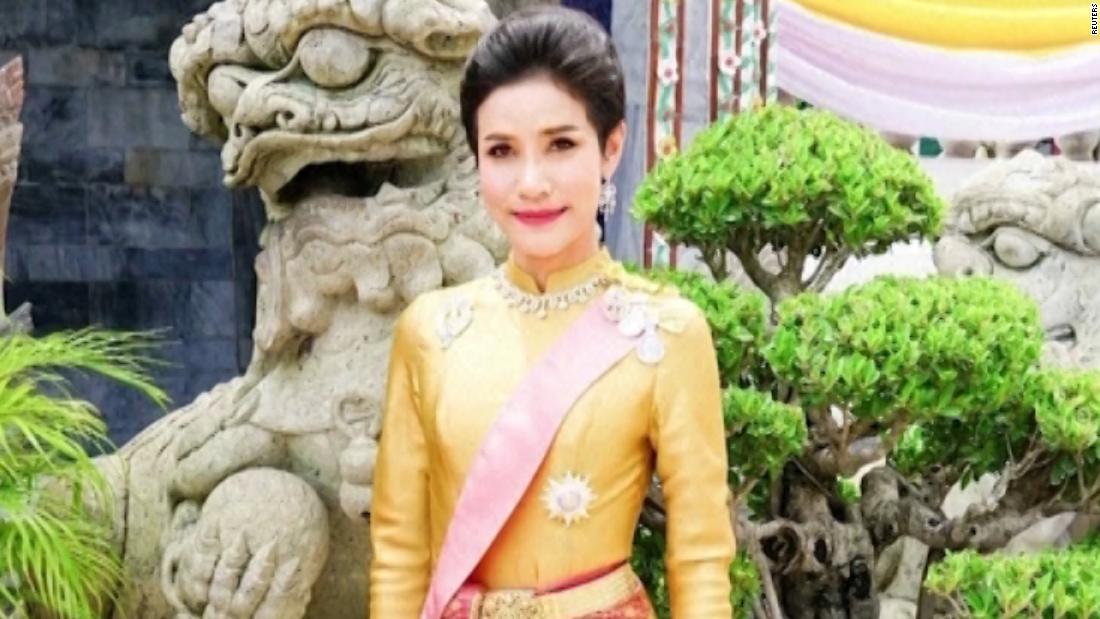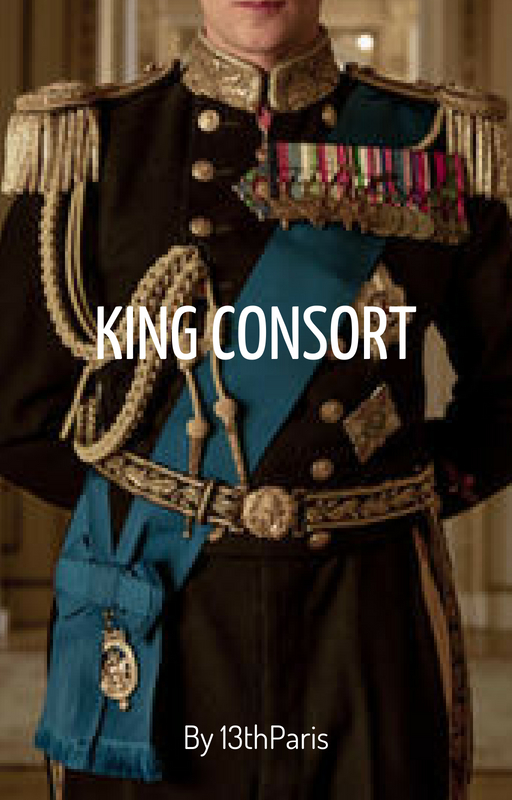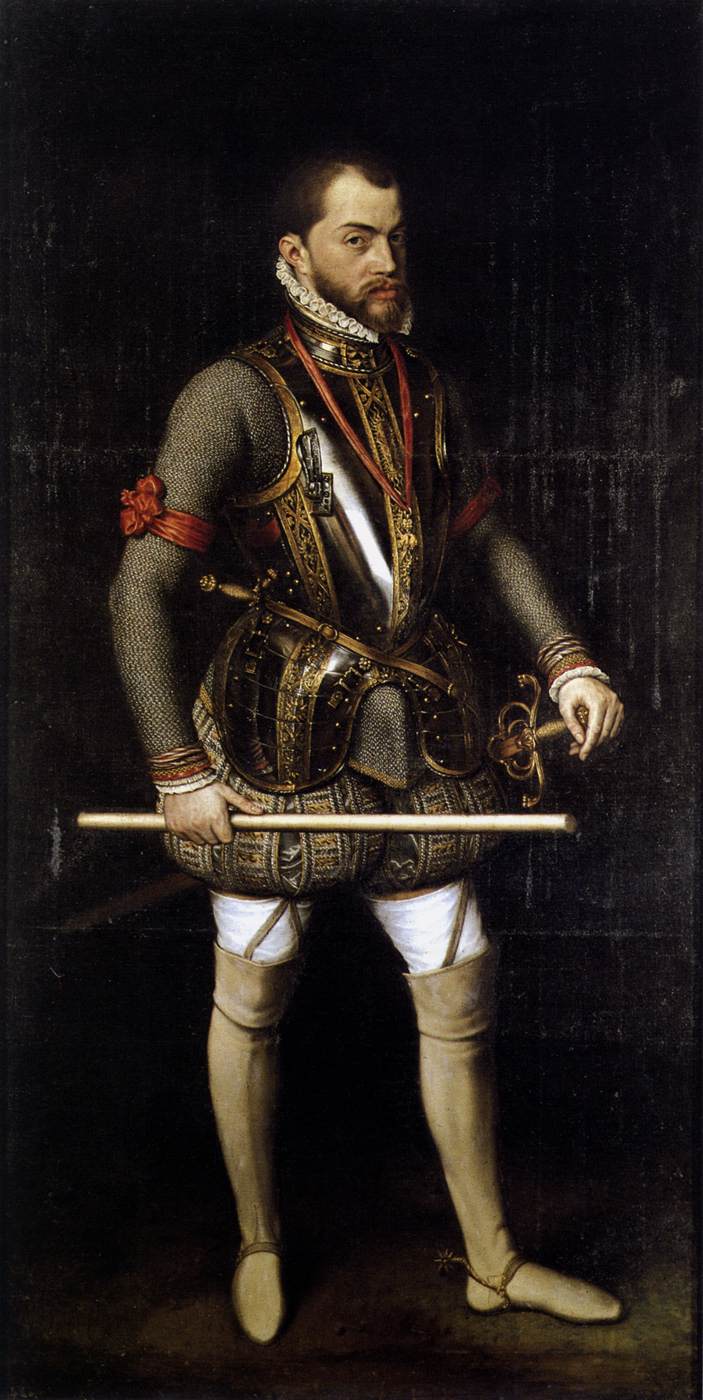When we talk about the monarchy, the spotlight often shines on kings and queens. But what about the king consort? This lesser-known yet crucial figure plays a unique role in royal history, often overshadowed by the reigning monarch. Today, we’re diving deep into the world of king consorts—what they do, their significance, and the fascinating stories behind them. So buckle up, because this is going to be a royal ride!
Imagine being married to a queen, but not having the actual power to rule. That’s the life of a king consort. While queens often have the final say, the king consort steps in as a supportive partner, offering advice, guidance, and sometimes even a bit of drama. It’s not an easy gig, but it’s definitely one that comes with its own set of challenges and rewards.
Now, let’s get one thing straight—being a king consort isn’t just about wearing fancy robes and attending state dinners. It’s about being a key player in the royal court, influencing decisions, and representing the monarchy in ways that might not always make the headlines. So, let’s break it down and explore the ins and outs of what makes a king consort so darn intriguing.
Read also:The Rug Mine Your Ultimate Destination For Highquality Rugs
What Exactly is a King Consort?
In the simplest terms, a king consort is the husband of a reigning queen. Unlike a queen consort, who is the wife of a reigning king, a king consort doesn’t automatically inherit the title of king. Instead, they’re often given the title based on the discretion of the reigning monarch and the laws of the land. Confusing, right? But hey, royal titles have always been a bit of a tangled web.
Historically, king consorts have been rare compared to queen consorts, and their roles have varied greatly depending on the era, country, and the specific dynamics of the royal marriage. Some king consorts have been powerful figures in their own right, while others have been content to stay in the background and let their spouse shine.
Key Responsibilities of a King Consort
So, what does a king consort actually do? While their duties can vary, there are a few common themes:
- Providing emotional and political support to the reigning queen.
- Representing the monarchy at official events and ceremonies.
- Participating in diplomatic missions and state visits.
- Advocating for causes and initiatives that align with the monarchy’s values.
It’s worth noting that the role of a king consort is often more symbolic than substantive. They don’t have the same level of authority as a reigning monarch, but they can still wield significant influence behind the scenes. Think of them as the co-pilot in a royal airplane—essential, but not always in control of the controls.
Historical King Consorts: The Good, the Bad, and the Ugly
History is full of fascinating king consorts, each with their own story to tell. Let’s take a look at a few standout examples:
Philip II of Spain
Philip II of Spain married Mary I of England in 1554, becoming one of the most famous king consorts in history. While he was already a powerful king in his own right, his marriage to Mary I didn’t exactly make him popular in England. Many saw him as a foreigner trying to impose his will on the country, and his attempts to restore Catholicism didn’t go over well with the Protestant population. Still, he played a significant role in shaping the political landscape of the time.
Read also:Antelope Canyon X A Breathtaking Natural Wonder Thatll Leave You Speechless
Prince Albert of Saxe-Coburg and Gotha
When it comes to king consorts, Prince Albert is often hailed as one of the best. Married to Queen Victoria, Albert was a devoted husband and a tireless advocate for social reform. He helped modernize the British monarchy, promoted education and the arts, and played a key role in organizing the Great Exhibition of 1851. Tragically, his early death left Victoria heartbroken and changed the course of British history.
Prince Philip, Duke of Edinburgh
No discussion of king consorts would be complete without mentioning Prince Philip, the husband of Queen Elizabeth II. While he never officially held the title of king consort, Philip served as a steadfast companion to Elizabeth throughout her long reign. Known for his sharp wit and dedication to public service, Philip was a beloved figure in his own right, and his legacy continues to inspire many.
The Modern Role of a King Consort
In today’s world, the role of a king consort is evolving. With changing societal norms and a greater emphasis on gender equality, the traditional dynamics of royal marriages are being re-examined. Modern king consorts are expected to be more than just supportive partners—they’re encouraged to pursue their own passions and make meaningful contributions to society.
Take, for example, Prince Henrik of Denmark. While his tenure as king consort was marked by some controversy, he was also a passionate advocate for the arts and culture. His efforts to promote Danish heritage and traditions helped shape the country’s identity during his time as a royal figure.
Challenges Faced by King Consorts
Being a king consort isn’t all glitter and glamour. There are plenty of challenges that come with the territory:
- Dealing with public scrutiny and criticism.
- Navigating complex political and diplomatic situations.
- Maintaining a sense of identity and purpose outside of the royal role.
These challenges can be daunting, but many king consorts have risen to the occasion, proving that they’re more than just a pretty face beside the throne.
King Consorts in Popular Culture
King consorts have also made their way into popular culture, often portrayed in movies, TV shows, and books. From the dramatic portrayal of Philip II in “The Tudors” to the charming depiction of Prince Albert in “Victoria,” these characters bring the history of king consorts to life for modern audiences.
These portrayals can sometimes be exaggerated or romanticized, but they also highlight the enduring fascination with the role of king consort. After all, who doesn’t love a good royal drama?
The Future of King Consorts
As the world continues to change, so too will the role of king consorts. With more emphasis on inclusivity and diversity, we may see a shift in how these figures are perceived and celebrated. The future of king consorts lies in their ability to adapt to changing times while remaining true to their core values and responsibilities.
Conclusion: Why King Consorts Matter
In conclusion, king consorts play a vital role in the world of monarchy, often serving as unsung heroes behind the throne. From providing support to their reigning spouses to making meaningful contributions to society, their impact is undeniable. So, the next time you hear about a king consort, take a moment to appreciate the unique and important role they play in royal history.
We’d love to hear your thoughts on king consorts! Do you have a favorite historical figure or modern royal that inspires you? Leave a comment below and let’s keep the conversation going. And don’t forget to share this article with your friends who love all things royal!
Table of Contents
- King Consort: The Fascinating Role and Influence in Royal History
- What Exactly is a King Consort?
- Key Responsibilities of a King Consort
- Historical King Consorts: The Good, the Bad, and the Ugly
- The Modern Role of a King Consort
- Challenges Faced by King Consorts
- King Consorts in Popular Culture
- The Future of King Consorts
- Conclusion: Why King Consorts Matter
Remember, the story of king consorts is far from over. As long as there are queens on the throne, there will be king consorts shaping the course of history. Here’s to the kings who stand beside their queens, making the world a little brighter one royal step at a time.


